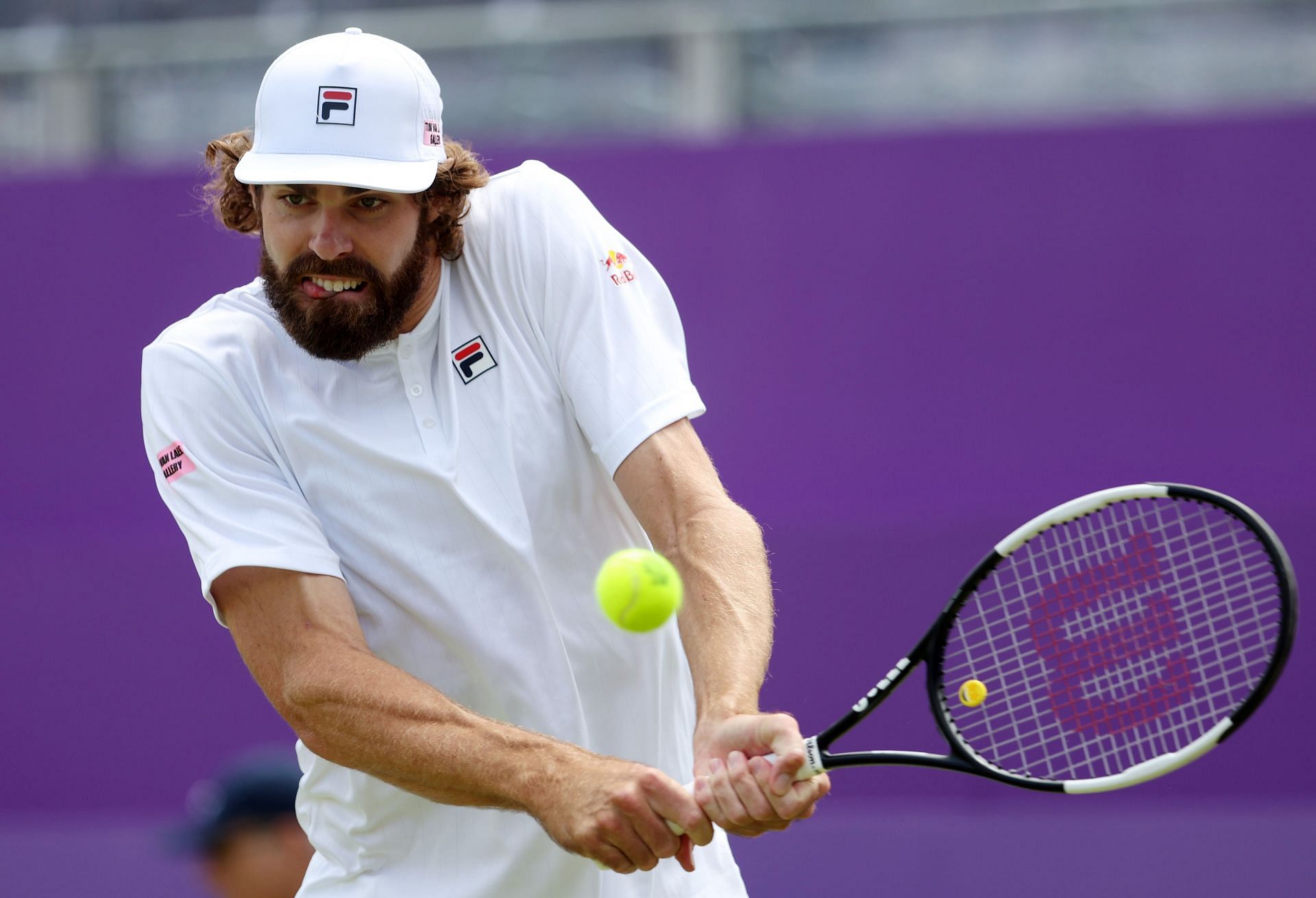
Is Reilly Opelka justified in his attack on the ATP for prize money suppression? A look into the American's claims and what they mean for tennis in the long run
Reilly Opelka took aim at the ATP and tennis establishment for their lack of proper compensation for players on the men's tour. Opelka drove home his point by highlighting that his fellow Americans Taylor Fritz and Frances Tiafoe played in Sunday's Japan Open final for lesser prize money than the 2018 finalists of the same tournament did.
The towering American tennis star used the opportunity to further criticize the ATP for not compensating players in tune with the rising revenues in the sport owing to increased income from broadcast, sponsorship, data, and other sources.
Opelka feels player compensation is "beyond disproportionate" to these rising revenues and accused the ATP of "systematic suppression of player compensation."
"The systematic suppression of player compensation is real. U can say whatever you want about the past 4 year period but sponsorship, data, broadcast, gambling revenues have all gone up, plus sky rocketing sanction values. And it is beyond disproportionate to player compensation," Reilly Opelka wrote on Twitter.
Reilly Opelka's displeasure mainly stemmed from the fact that this year's finalists (Fritz and Tiafoe) at the ATP 500 event in Tokyo were playing for lesser winner's prize money ($365,275) than the 2018 finalists ($384,120), which was the underlying point of his original tweet.
However, a conscious effort has been made by multiple tournament organizers this year to distribute prize money in such a way as to benefit those who lose in the early rounds and the qualifying stages.
Players losing in the early rounds, usually lower-ranked players, were left with a lot less prize money and the high disparity in prize money between those who made the latter stages and those who lost early was identified as a pain point for many players.
Basically, the reduced prize money for champions and runners-up is distributed among the early rounds, bringing more parity to the overall distribution structure. The purse at this year's Japan Open was also distributed to benefit players losing in the early rounds and in the qualifiers.
The prize money for making each round at the 2022 Japan Open was more than it was for that same round in the 2018 edition. For example, the combined prize money for the qualifying rounds this year stood at $12,190, as compared to $4,410 in 2018.
Similarly, prize money for players reaching the Round of 32 this year was $15,235 as opposed to $13,200 in 2018, and for players reaching the Round of 16 this year was $28,565 to the $25,025 total in 2018.
Meanwhile, the total prize pool for the 2022 Japan Open was approximately $170,000 higher than the 2018 edition.
Is Reilly Opelka's displeasure with reduced prize money for the 2022 Tokyo Open champion and finalist justified?

Reilly Opelka's displeasure with overall compensation across tour-level tournaments not being in tune with increasing revenues is a separate issue. But his point relating to the 2022 finalists playing for lesser money than the 2018 finalists misses the new and improved structure whereby players across all rounds, especially those losing early, are justly compensated.
Additionally, the ATP announced earlier this year that the total prize money pool across some of the big tournaments is set to rise in 2023, along with a 50-50 profit sharing plan between players and tournaments. The total prize money for the ATP Challenger Tour is also set to rise by 60% in the 2023 season.
Meanwhile, a more equitable distribution of prize money across rounds at many tournaments and the new structure that helps create better opportunities for lower-ranked players that lose early, has been welcomed by many as a step in the right direction.
